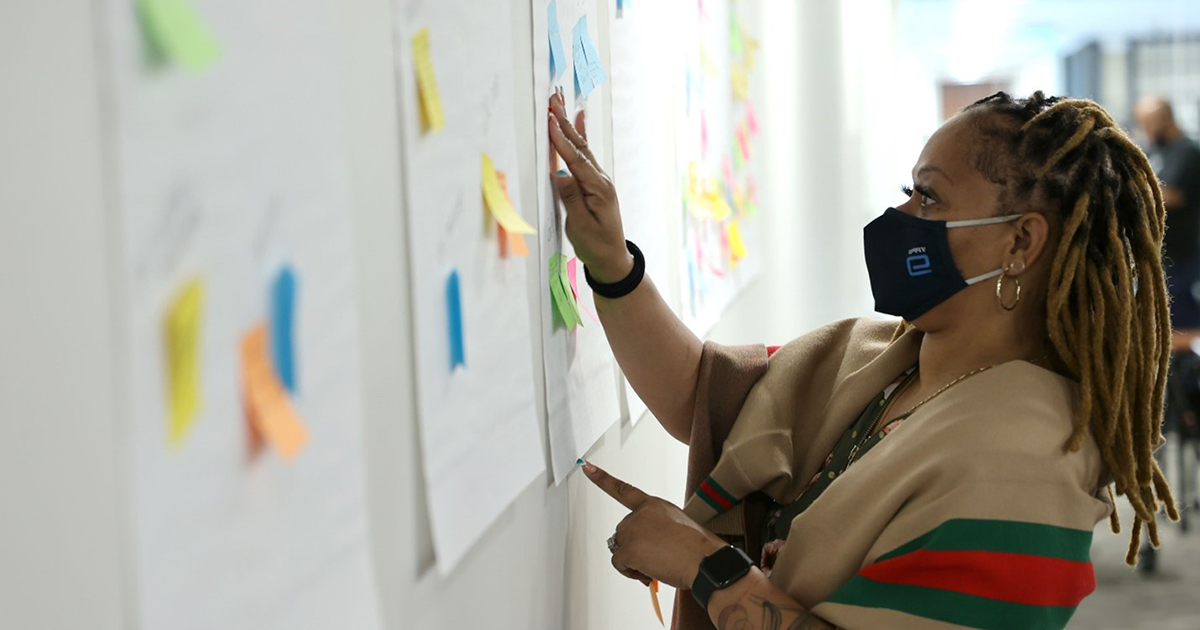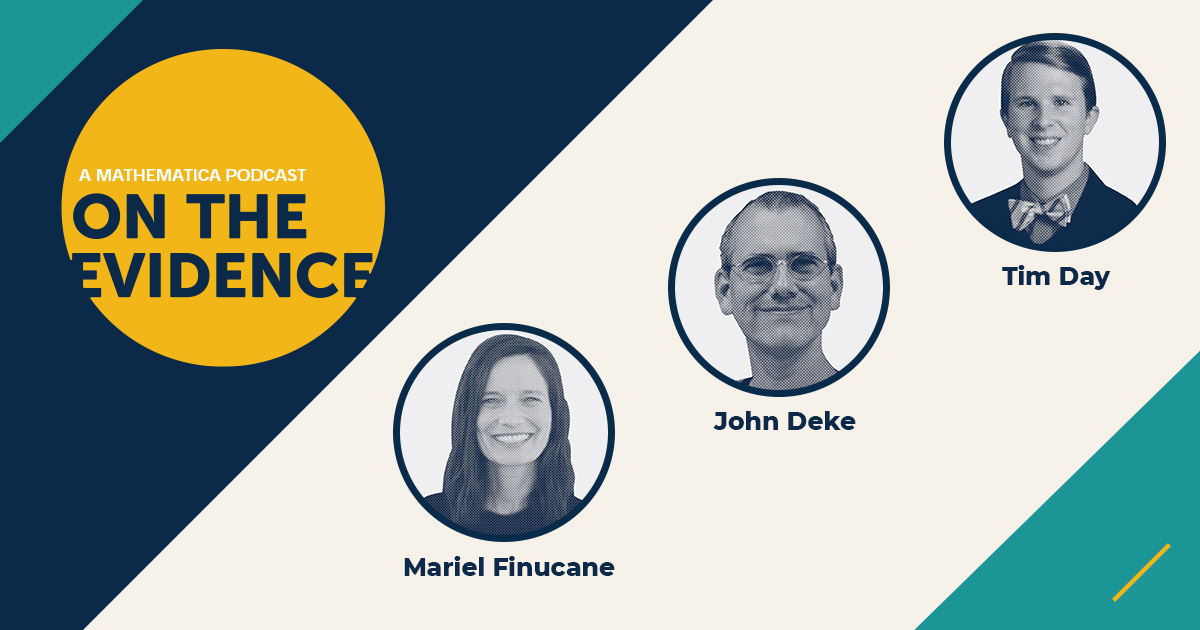Strong families and interpersonal relationships can be central to a family’s health, well-being, and economic security. The COVID-19 pandemic has subjected families and children to increased uncertainty and stress, underlining the importance of supporting strong, resilient families. Healthy Marriage and Relationship Education (HMRE) projects—for adults and youth—are a cornerstone of the federal government’s commitment to strengthening families. These projects offer group and individual services to help participants develop skills—such as recognizing the signs of healthy and unhealthy relationships, communicating, resolving conflicts, building support and affection in relationships, and making healthy decisions—that are central to strong relationships and economic success.
Since 2006, the Office of Family Assistance (OFA) at the Administration for Children and Families (ACF) in the U.S. Department of Health and Human Services has funded HMRE services for adults and youth. In September 2020, OFA launched its latest round of HMRE funding, awarding 55 grants to local service providers, community organizations, and universities to provide HMRE services. Awards include 30 Family, Relationship, and Marriage Education Works (FRAMEWorks) grants for HMRE providers serving adults and 25 Relationships, Education, Advancement, and Development for Youth for Life (READY4Life) grants for HMRE providers serving youth.
As part of the Strengthening the Implementation of Marriage and Relationship Programs (SIMR) evaluation, ACF’s Office of Planning, Research, and Evaluation has partnered with Mathematica and Public Strategies to work with 10 of these recent grantees—5 serving adults and 5 serving youth—to develop and refine strategies to strengthen their services. The SIMR team has developed partnerships with grantees and is working with them to develop lessons about promising practices to strengthen HMRE services and support strong families. The recently released SIMR design report describes the first and second phases of the project, in which grantees identified the challenges they wanted to work on and developed human-centered, evidence-informed strategies to address them. Grantees tailored these strategies to their unique circumstances.
Combining research and practice expertise to address challenges
The SIMR project uses the Learn, Innovate, Improve (LI2) framework to guide rapid-cycle learning. Rapid-cycle learning is a set of tools for program change.
The principles of LI2 include starting with a clear and shared definition of a challenge, engaging in authentic collaboration with practitioners and researchers, putting the perspectives and experiences of program participants at the center of the work, and using data and evidence to refine improvements through a series of learning cycles. Throughout the LI2 framework, researchers and practitioners co-create strategies to improve programs and test these strategies together. For each learning cycle, they develop a set of learning questions and a plan for answering them, try the strategy, and collect data to answer the learning questions.
Galena Rhoades, director of MotherWise, a grantee serving youth in Denver, Colorado, shares how she values the co-creative elements of SIMR.
Co-creating strategies brings together the perspectives of staff and program participants. Holly Narro is a coordinator for Texas A&M Agrilife Extension’s Success… Powered by You, and Sophia Medina is a student worker who graduated from Success… Powered by You.
Helping HMRE grantees meet the needs of the people they serve
The 10 grantees participating in SIMR include a mix of new grantees and those who have received OFA funding in the past. They operate in a range of locations, including very rural regions and dense urban areas. They also focus on diverse populations, from Spanish-speaking couples, to pregnant and parenting young adults, single mothers, and individuals who have been incarcerated.
Anthem Strong Families, in Houston, Texas, offers HMRE services for adults in addition to its Responsible Fatherhood services. Program Director Charles Dillon describes how SIMR is helping his organization refocus on its mission of serving the whole family.
Ron and Cathy Tijerina, founders of the RIDGE Project in Ohio, share their mission to serve incarcerated individuals in a holistic, family-focused way.
Strengthening recruitment, retention, and engagement
SIMR was designed to help grantees develop solutions to challenges that many HMRE grantees face: (1) recruiting an adequate number of participants, (2) encouraging participants to attend workshop sessions regularly and to complete services, and (3) providing content that is engaging and relevant for participants.
Lakshmi Mahadevan, a continuous quality improvement manager for Success… Powered by You, describes how she and her colleagues are working on strategies to recruit youth who live in rural Texas, where few youth relationship education services are available.
It is hard to think about providing services without considering the immense challenges brought on by the COVID-19 pandemic. In March 2020, many of the grantees had to pivot sharply to a virtual environment. SIMR grantees continue to adapt to the pandemic landscape—for example, by recruiting partners and program participants online. MotherWise and Montefiore Medical Center, in the Bronx, New York, are two participating grantees striving to make their virtual programming as engaging as their in-person services.
Mary Minges shares how Montefiore Medical Center pivoted quickly to virtual services when the pandemic started, and how SIMR offers the grantee a chance to be intentional about refining and improving those services.
MotherWise and the SIMR team have grounded the development of virtual strategies in equity principles to ensure services are accessible to all. Hear Jessica Purcel from MotherWise talk about what equity means for MotherWise.
Through rapid-cycle learning, grantees will build capacity and develop tools and practices that have the potential to take their HMRE services from good to great. The SIMR project is fostering partnerships between researchers and practitioners to generate evidence that can help HMRE partners and collaborators strengthen HMRE services and improve outcomes for families. Listening to the perspectives of the service providers and affected populations at the center of this work is essential for understanding what works in HMRE service delivery, for whom, and under what circumstances. Rapid-cycle learning in SIMR will continue through summer 2022, and over the next year, the SIMR team will be sharing additional products featuring grantees’ work.



